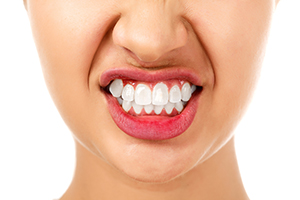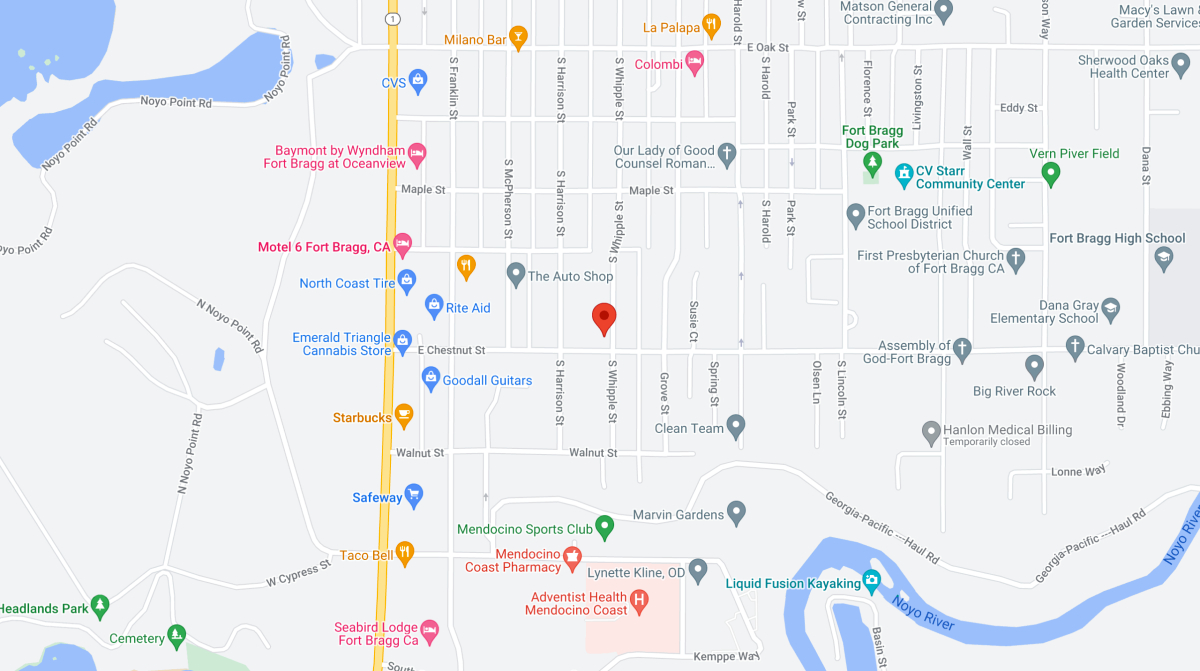 It’s such a common habit, yet most of the time we never know we’re doing it. Not cracking your knuckles or biting fingernails, but intense clenching and grinding of your teeth—known in dental terminology as bruxism. The reason this phenomenon goes unnoticed so often is that “grinders” usually perform when they’re sleeping.
It’s such a common habit, yet most of the time we never know we’re doing it. Not cracking your knuckles or biting fingernails, but intense clenching and grinding of your teeth—known in dental terminology as bruxism. The reason this phenomenon goes unnoticed so often is that “grinders” usually perform when they’re sleeping.
Most research agrees that nighttime clenching is just a way of releasing tension.
From what we see in the office, there are more than a few tense people out there.
The most common signs and symptoms of bruxism appear as clicking or sore jaw joint (located in front of the ear, known as the TMJ) and the abnormal wearing of teeth enamel.
Continuous grinding and clenching can be detrimental to the jaw joint and cracks and chips can develop in the teeth.
We often suggest dental nightguard. This appliance is a clear piece of plastic customized to fit over the biting surfaces of our bottom teeth. When wearing a nightguard, many patients feel relief from jaw tension. And the protective nature of the appliance reduces tooth wear.
If you’re curious about our approach to this common habit, let me know the next time you’re in the office or give us a call. And give yourself a break—relax.


